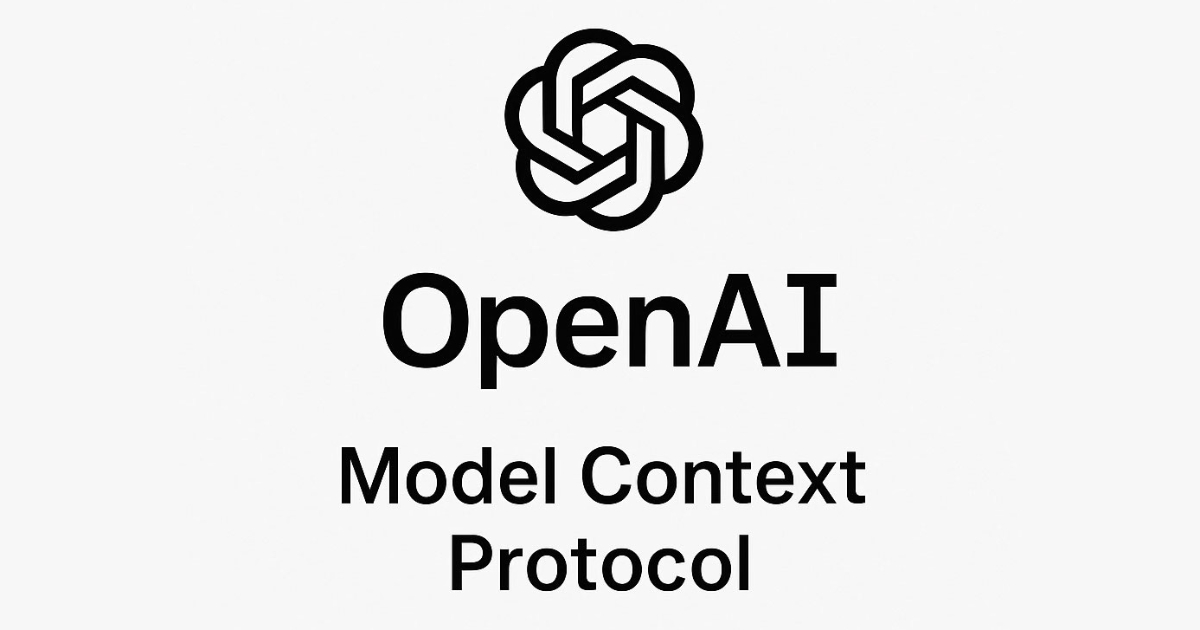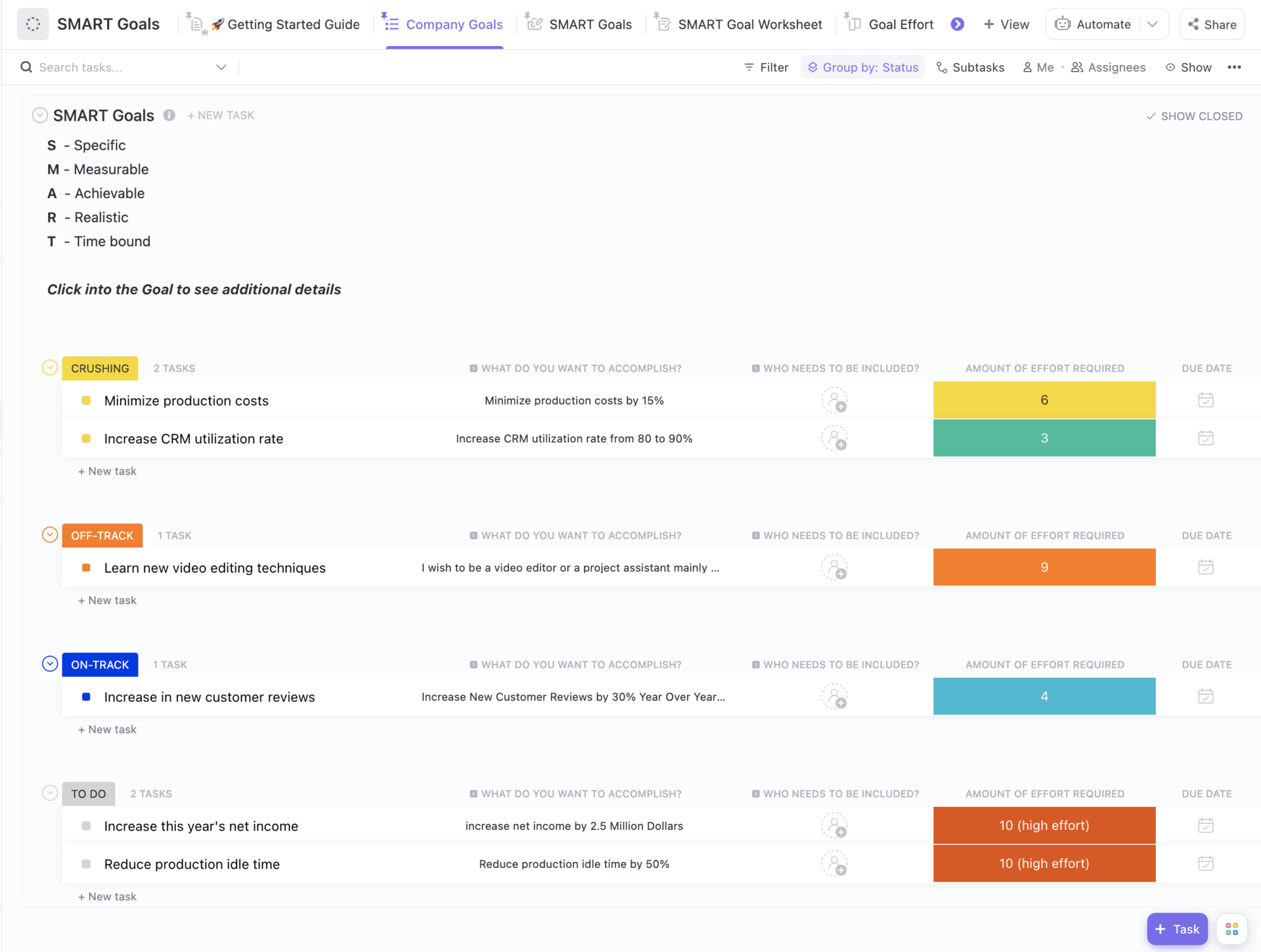The Fedora project is seeking feedback from its user and developer community over potentially updating its release criteria to no longer block on optical media boot issues (DVD images) as well as whether to continue honoring dual boot issues for Intel-based Macs as release-blocking.
The first proposal raised is whether to drop the Fedora Release Criteria around optical media boot support. This is around Fedora release installer images that must boot when written to optical media (DVDs). Fedora dropped officially testing optical media support in 2020 while now they are looking at making it non-blocking for any reported issues:
“The Quality team wasn’t required to test optical media since 2020, but any issue found could still be a blocker. We didn’t like this solution very much (blocking on something that we don’t test), but testing optical boot was simply too time-consuming and already niche. Now, 5 years later, we think it’s finally time to drop the whole criterion. The importance of optical boot is long gone, and we believe it’s time to remove it from the “critical feature list” called release criteria. It will not save us much time (I don’t remember any high-profile optical boot issue over the last few years), but it will simplify our test matrices a bit (making them easier to read), it will resolve the dichotomy between release-blocking status and Quality coverage, and it will allow us to get rid of the DVD drive and media we still have ready (but probably no longer work anyway) if a problem was found.”
The second proposal is around dropping Intel-based Apple MacBook dual boot release criteria. Current release criteria notes that the Fedora installer must be able to dual boot / install into free space alongside an existing macOS installation on Intel-based Mac computers.
“This criterion is being obsoleted by time, because Apple stopped producing Intel-based Macs many years ago (replaced them by “Apple silicon” M* processors, which are not supported by Fedora at this moment). The last Macbooks which were reasonably usable with Fedora are 2017 models, which still contain the T1 security chip (newer models have a T2 chip, and their internal keyboard and touchpad don’t work with Fedora kernel). System updates support for 2017 models ends this year, older models are already obsolete. This means that users of pre-2017 models likely already switched to Fedora, if they wanted, users of 2017 models might do it this year, and there are no future users in this regard, because their hardware is not well supported by Fedora.”
This primarily concerns 2017 and older Apple Macs due to the slightly newer Apple Macs with the T2 security chip don’t work well currently on Fedora Linux. This also doesn’t impact any changes around the Apple Silicon Macs but only the Intel x86_64 systems.
With the Fedora Quality team having less access these days to remaining Intel-based Macs and being able to devote less time to fixing any of the issues for those aging systems, the desire now is to not make any Apple Mac dual boot issues as release blocking.










